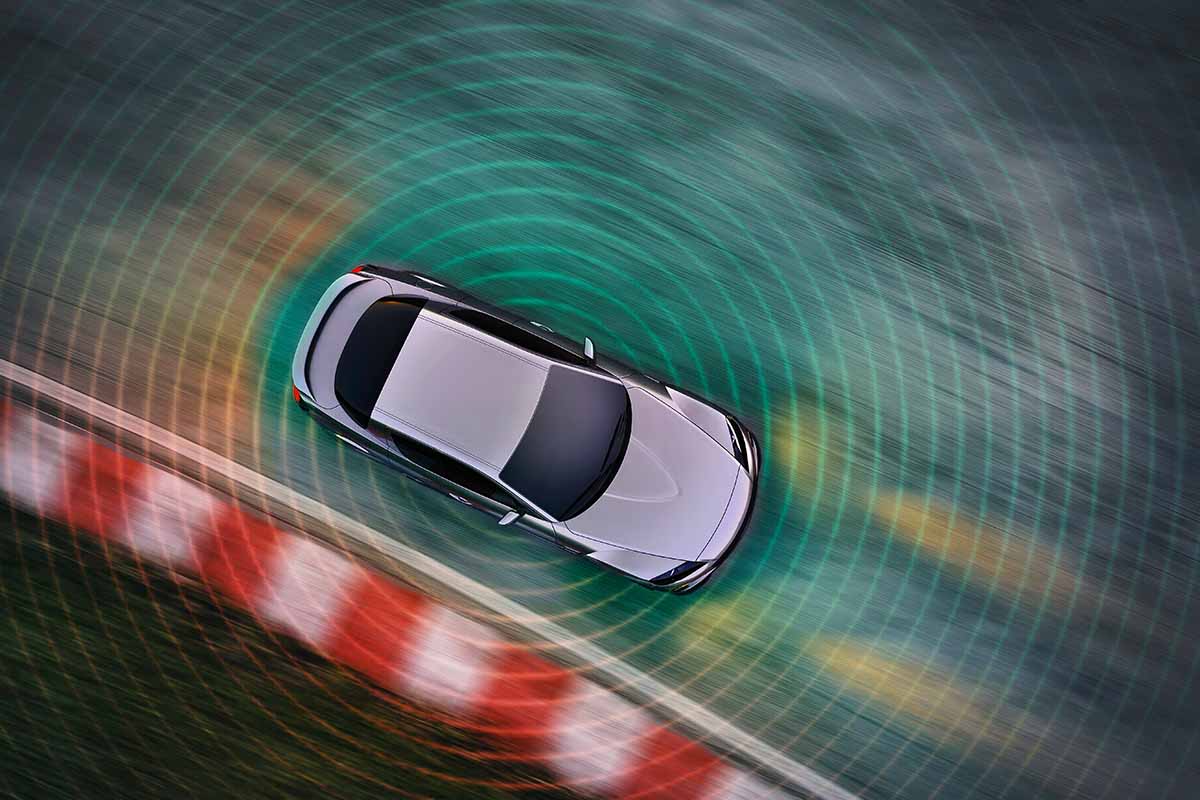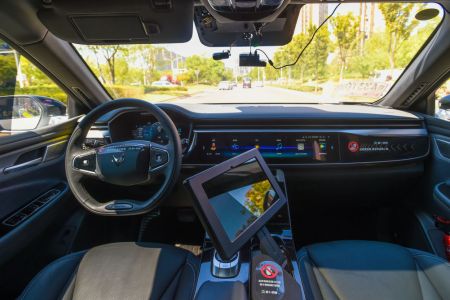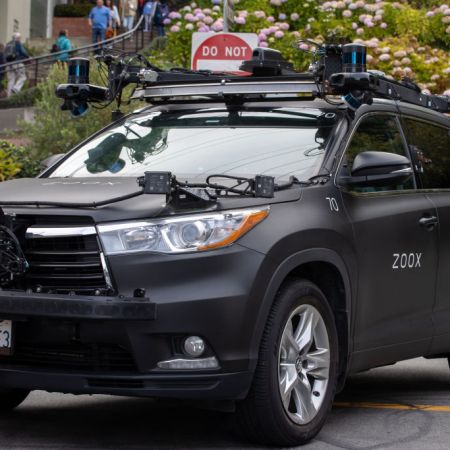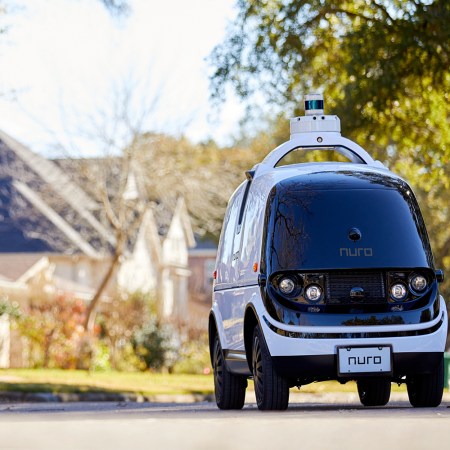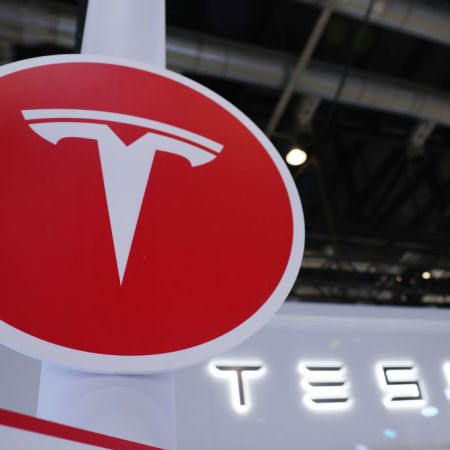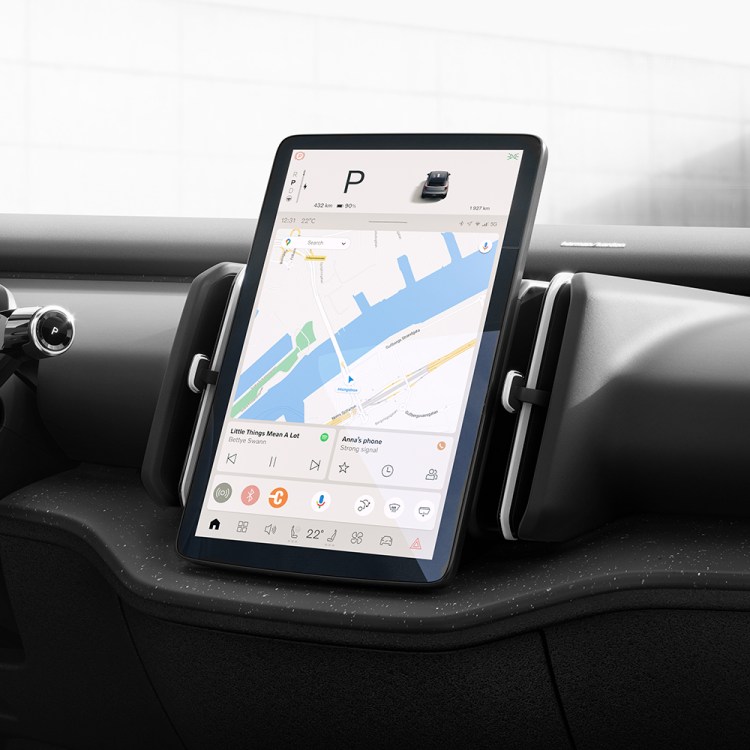Forget repo men — in the near future, your car may literally drive away if you’re delinquent with your payments. That’s according to The Drive, which highlighted a recently published patent document that outlines a way for disabling vehicles or moving self-driving cars remotely, either to be towed or to be driven to a junkyard.
The document, “Systems and Methods to Repossess a Vehicle” (by Ford Global Technologies), outlines a rather dystopian future where lenders who don’t receive a response from vehicle purchaser/lessee in a certain amount of time regarding a late payment could repossess a car without requiring any manpower — avoiding confrontation with a car owner.
New California Law Regulates How Self-Driving Cars Are Advertised
It should lead to more clarity in the industryAmong the lender’s options: disabling features like air conditioning or the engine; moving the vehicle so it’s more convenient for a tow truck to repossess it; moving the vehicle directly to a repossession agency, or even moving it to a junkyard. It could also create an “incessant and unpleasant” sound in the vehicle.
Apparently, all of these drastic measures would take place after several warnings, but who knows? It’s admittedly theoretical, although seemingly technologically possible to do via a repossession device installed before the vehicle purchase — or even via over-the-air updates to a car’s infotainment system.
“All of this being said, patent documents, especially applications like this one, do not necessarily represent an automaker’s intent to introduce the described feature, process, or technology to its vehicles,” writes Peter Holderith at The Drive. “Ford might just be attempting to protect this idea for the sake of doing so.”
The issue here isn’t the failure to make car payments; it’s introducing a system that could hijack a vehicle and present an actual danger to the driver — even if there are exceptions for medical emergencies — or people on the road. Perhaps another reason why our future should center around public transportation.
Thanks for reading InsideHook. Sign up for our daily newsletter and be in the know.
